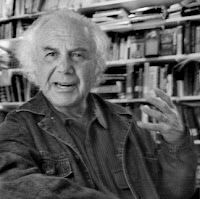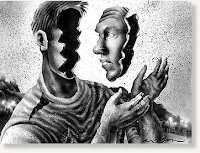
And what we are seeking is a body, a life on earth, in which our actions and behavior serve the higher impulses and intentions, the higher feelings, that constitute the heart of true human virtue. We are not simply searching for an improved version of moralist automatism nor for childish self-assertion masquerading as freedom. In a breathtakingly real sense, we are searching for a new kind of body, a body that has a new aim, a new purpose: voluntarily to serve the Good. And, to compound the mystery, in the search for a new kind of body within ourselves, there exists the possibility of discovering a new heart, source of love within ourselves that we have perhaps glimpsed within our lives, as in the legends where the seeker or the hunter has but one fleeting glimpse of a serenely beautiful face or a great winged being-a glimpse which, when understood, has the power to change entirely the direction of one’s life.
- Jacob Needleman, Excerpt from
Why Can't We Be Good?



